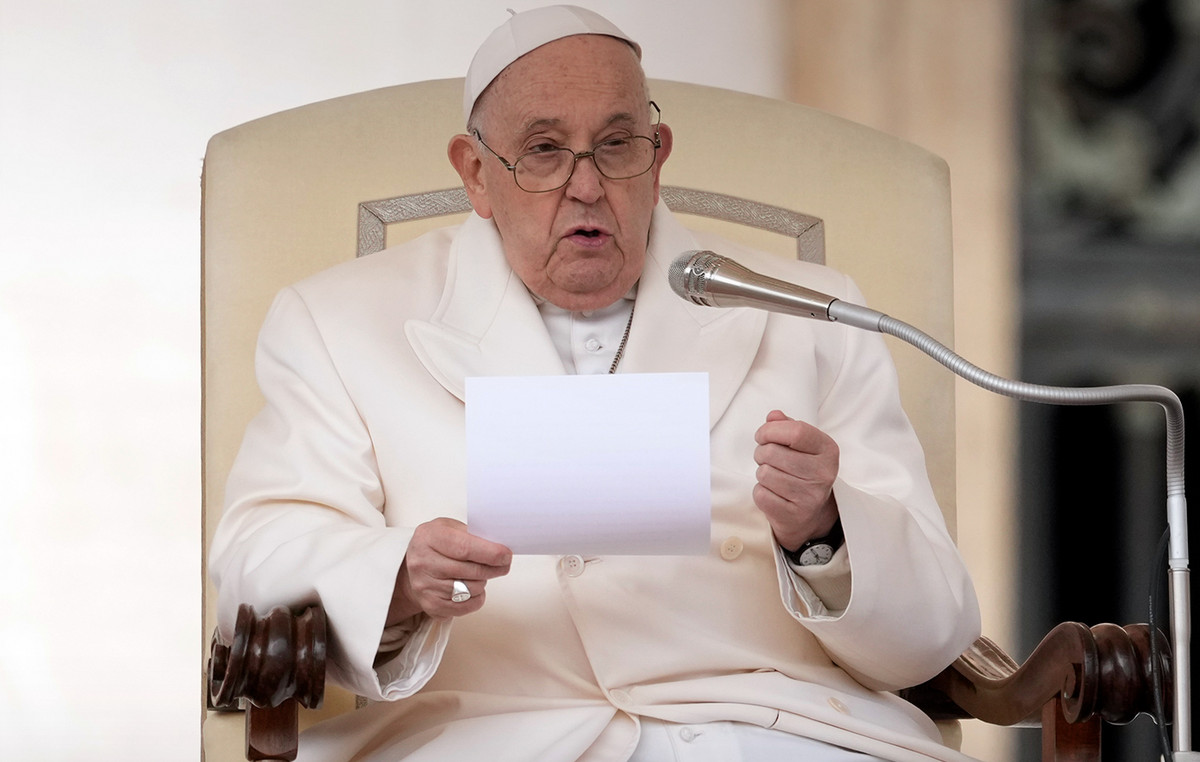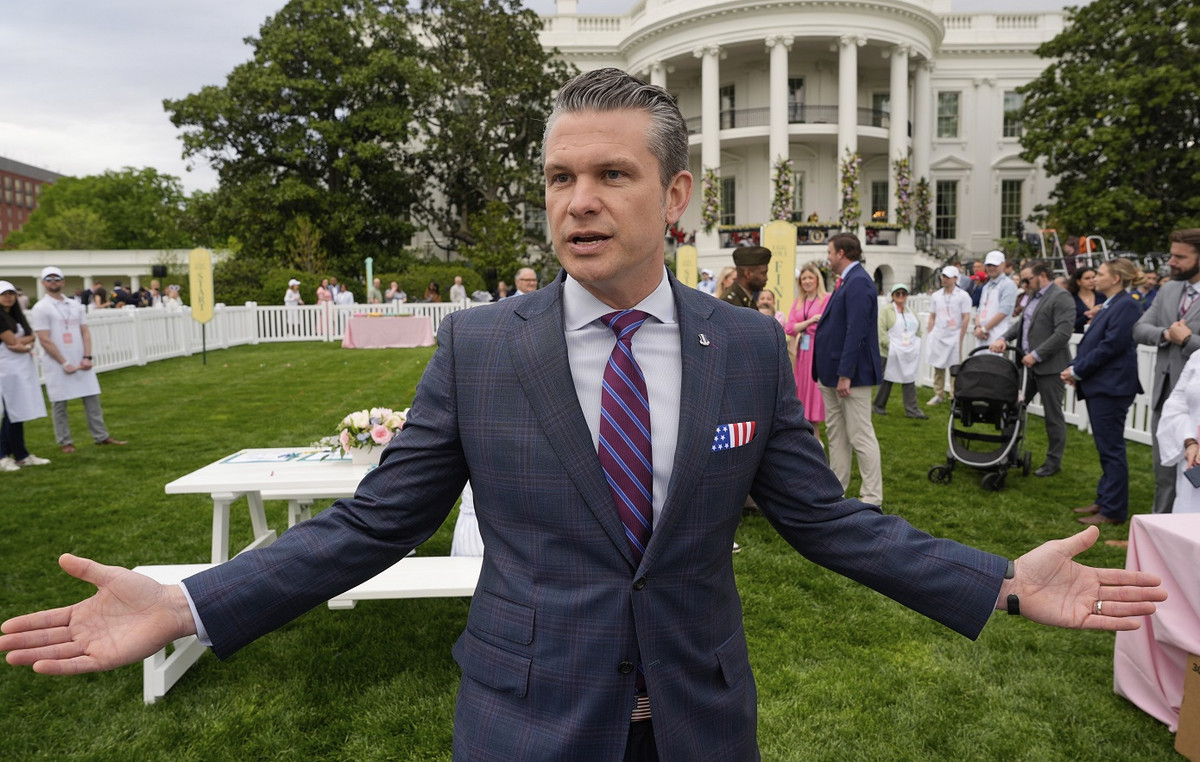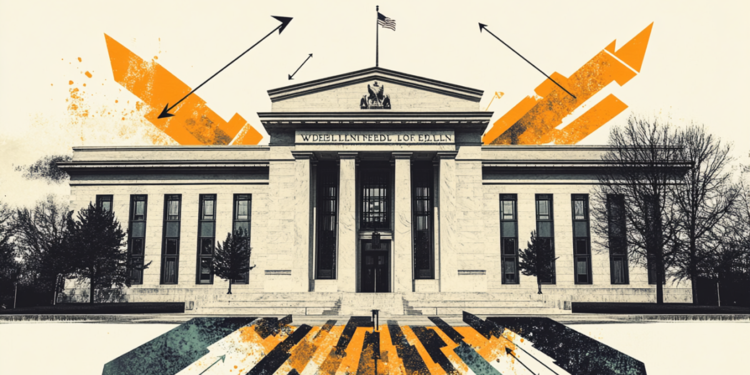The reaction of the markets last Thursday (10th) provoked as many reactions of all kinds.
In response to the speech by president-elect Luiz Inácio Lula da Silva (PT), the Brazilian stock exchange took off abroad, but not in the positive way it had been doing until then. On the contrary: while international markets were soaring with optimism regarding US interest rates, the Ibovespa recorded the biggest daily drop since September 7 of last year, and the dollar rose to almost R$5.40, a sudden movement that did not happened since March 2020, with the outbreak of the pandemic.
The sharp drop has occurred since the market opened at 10 am, but was intensified after Lula’s speeches in the morning. The PT member questioned the concentration of the economic debate around issues such as fiscal stability and stated that there are government expenditures that need to be seen as investment.
The phrase “Do you need to have a spending cap?” chilled the spines of investors. The interpretation is that Lula, still dressed in campaign bravado, rejected the control of public accounts and separated fiscal responsibility from social responsibility, causing billions in losses in market value.
Fear turned to panic when the name of former minister Guido Mantega was confirmed in the transition team, in the group that will recreate the Ministry of Planning, the National Treasury window and who executes the Budget. Mantega, who was minister to Lula and Dilma, was appointed as responsible for the adoption of the new economic matrix that put Brazil in the worst crisis in decades, in 2015 and 2016.
This Friday’s episode of CNN Money (11) puts into perspective the size and intensity of the market’s losses last Thursday, including from the point of view of individuals and smaller investors.
Presented by Thais Herédia and Priscila Yazbek, the CNN Money presents a balance of news issues that influence markets, finances and the direction of society and the dynamics of power in Brazil and in the world.
*Posted by Tamara Nassif
Source: CNN Brasil







